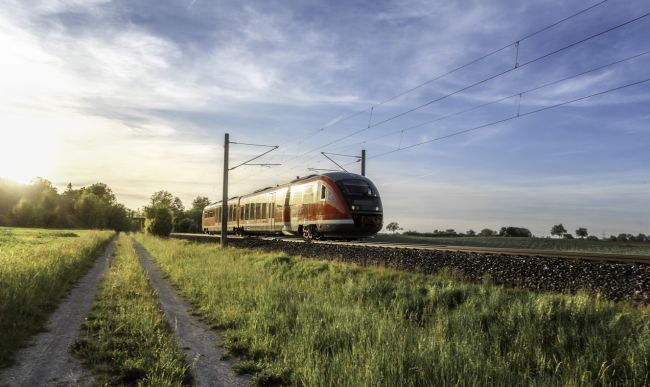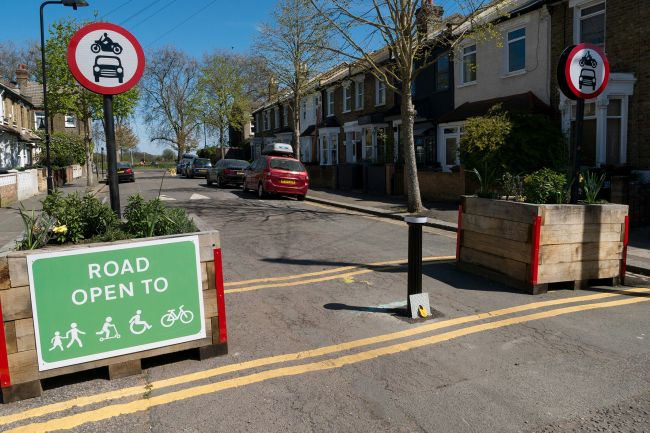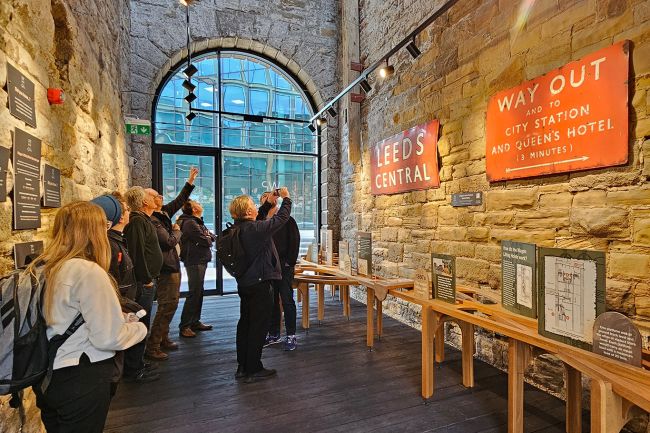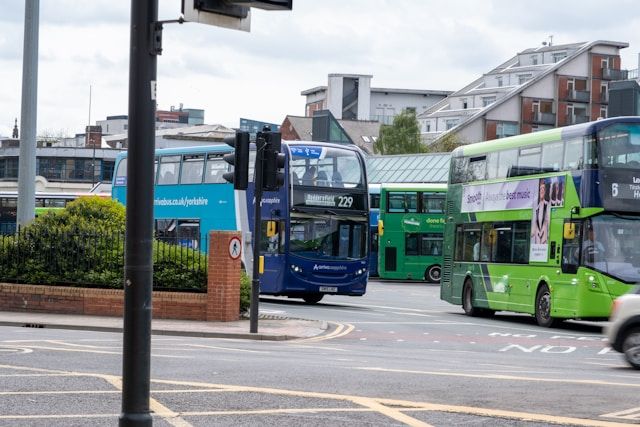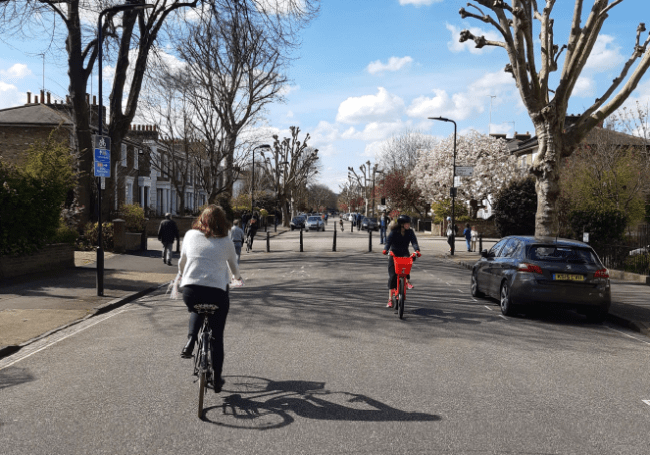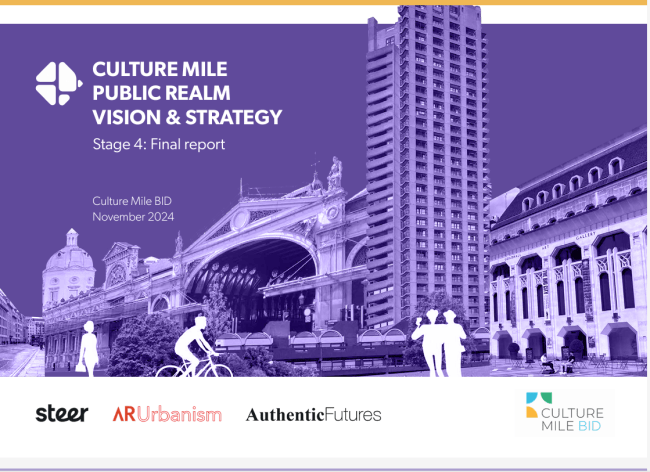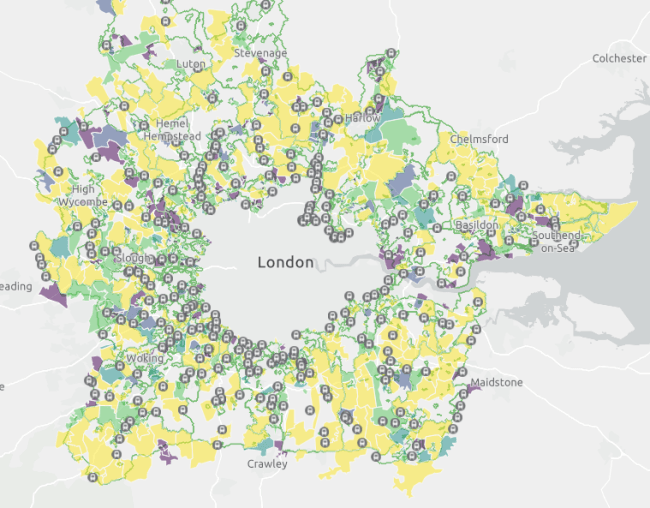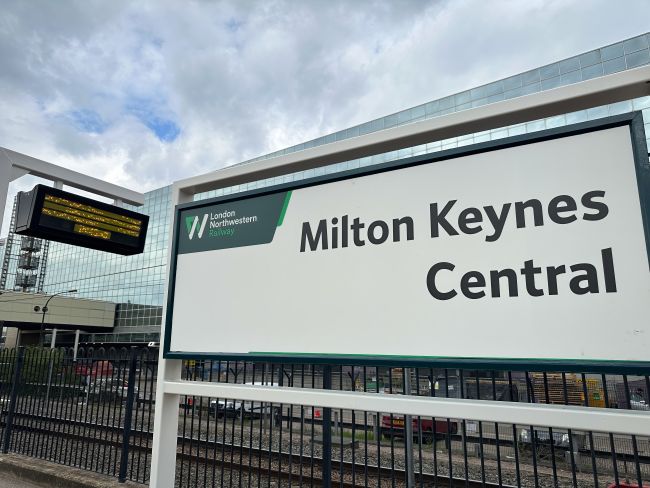Climate emergency: an interview with Professor Greg Marsden
We must do our bit to have any chance of reaching the Government’s Net Zero carbon emissions by 2050.

 We all have to commit to doing ‘our bit’ if we are to have any chance of reaching the Government’s Net Zero carbon emissions by 2050 and help minimise future global warming. Professor Greg Marsden at the renowned University of Leeds’ Institute for Transport Studies thinks we are nowhere near ready to hit this target, as too little progress has been made. We asked him what will get us there.
We all have to commit to doing ‘our bit’ if we are to have any chance of reaching the Government’s Net Zero carbon emissions by 2050 and help minimise future global warming. Professor Greg Marsden at the renowned University of Leeds’ Institute for Transport Studies thinks we are nowhere near ready to hit this target, as too little progress has been made. We asked him what will get us there.
Greg Marsden is one of the UK’s leading voices on transport carbon emissions. He is regularly called upon by governments and green lobby groups alike to impart his knowledge on the science behind shifting towards less carbon-intensive forms of transport.
Marsden sees recent ‘extreme weather events’ as being a catalyst for the current political and social urge to ‘do something’. He also sees the rapid shift to home working for those in office jobs, and the uptake of cycling and walking during the current COVID-19 crisis as a potential and crucial learning opportunity to persuade politicians that we can have a very different transport system in the future.
If the British Government is bold enough to do its bit through legislation, then what must local government, business and individuals do? Marsden says there is little guidance on how to reach Net Zero. Yet many MPs are already calling on the Government to bring the 2050 target forwards and establish what we must do and by when.
There is strong and growing commitment throughout the UK, with 278 Local Authorities from Edinburgh to Essex, declaring a ‘Climate Emergency’. Many councils have created climate budgets and action plans. Most recently Oxford Council committed £19m to tackle climate emergency though measures such as 400 new electric vehicle charging points and a zero emission bus fleet, as well as incentivising private taxis to go green.
On electric vehicles and technology, Marsden believes that technology alone cannot solve the problem; ‘Electric vehicles are great but still use carbon to construct, maintain and dispose. We need to use technology to help us utilise cars better through, for example, car-sharing apps.’ Marsden explained how a new model of car-sharing is being trialed in the City of York, where workers committed to ride-sharing to the hospital can have access to a pooled car in the evenings, to reduce individual ownership.
Marsden is adamant that Governments throughout the world would be wise to rethink how many cars are needed in their towns and cities? ‘If we are serious about the 2050 target and pathway, we will have to restrict ownership as well as use’. He says, ‘It would be an own goal if we didn’t simultaneously tackle the equally important issues surrounding car use, road safety and quality of life.’ It’s here that Marsden sees the ultimate prize - a transformation of our cities to align with Net Zero healthy lifestyle choices.
One can argue that the core business of transport planning companies (including Steer) is providing climate change solutions every day to every client everywhere throughout the world. Marsden says it’s our job to convince clients ‘the art of the possible’. ‘Transport professionals have known for decades what can be done to positively improve people’s day-to-day life in our cities, towns and villages, whether that’s completely reimagining public space or introducing a workplace parking levy.’ Yet it is only now that we have the political will, together with compelling climate science to prove that action must be taken. Businesses with a global reach must bring new workable Net Zero solutions into the fray.
Following his PhD. in Road Traffic and Pollution, Greg Marsden spent a formative year working in Santiago, Chile during 1999-2000, when air quality reached such dangerous levels as to become a public health hazard. Marsden witnessed first-hand how the government quickly introduced a ban on cars using the main routes in the city, as well as an odd and even number plates restriction. The scheme was accepted by residents and the business community because they understood the problem.
It is interesting to reflect on how the acceptance of the need for social distancing during the COVID-19 pandemic has changed the demands for road space reallocation for cycling and walking. This could rapidly change how politicians think about transport. ‘Some of the cycling and walking actions have been great, but the news is not all good with public transport use likely to be massively reduced for some time and low oil prices encouraging car use. Being able to adapt our technical advice to the new circumstances to support a climate-smart recovery is going to be critical. Hopefully the short-term COVID-19 crisis will not derail our commitment to the ongoing climate crisis.’
